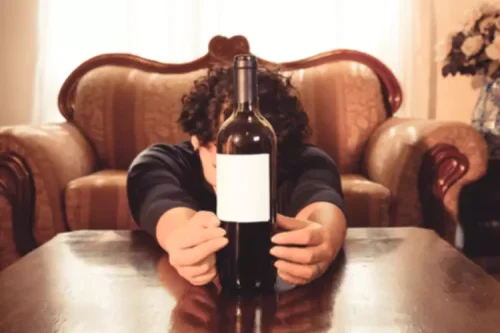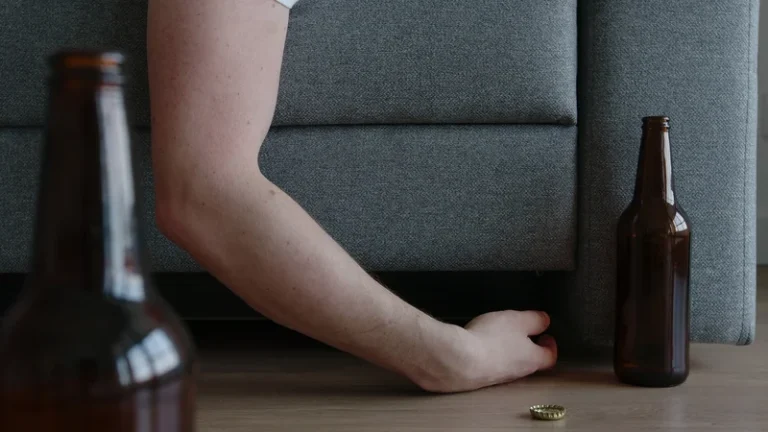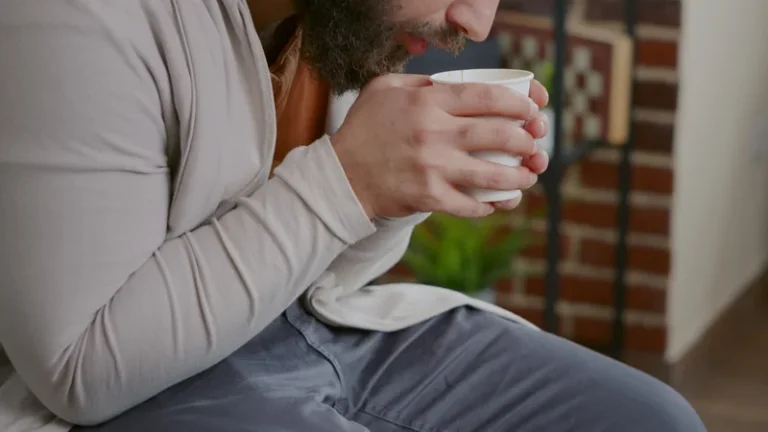
This can help to address conflicts before they become a bigger issue. Developing healthy relationships in recovery isn’t just about creating new connections; it’s also about navigating existing relationships post-recovery. Communication difficulties are another common challenge for couples in substance use recovery. Addiction can hinder effective expression of feelings, leading to misunderstandings and conflicts [4]. It’s crucial for couples to work on their communication skills and learn how to express their feelings and needs in a respectful and understanding manner. This can involve seeking help from a professional counselor or therapist who can provide guidance and support in improving communication.
- We are dedicated to providing you with the support and healing you deserve.
- Substance abuse and addiction can lead to behaviors that are not helpful to relationships, such as increased self-focus or selfishness, avoidance, persistent irritability, or withdrawal.
- Reach out to loved ones and work on rebuilding trust and communication.
- Treating them as downright liabilities will make them seem an unalterable feature of your life and create a feeling that you are helpless against them.
- It’s about understanding the depth of the hurt and the consequences of your actions.
- Some facilities have aftercare programs, which provide social activities for patients in facilities.
Relationships present opportunities to practice skills that are essential for addiction recovery.

Such relationships include new friends, co-workers, and romantic partners. To paraphrase the twelve-step literature, through the process of recovery you can transition from a life characterized by taking and being taken to one based on giving and being given. Adding the stress of focusing on relationships could feel overwhelming, but it also provides an important opportunity to practice distress tolerance, emotion regulation, and coping skills. Relationships also benefit from healthy communication skills, validation, boundaries, and honesty—all of which are important for addiction recovery. One of the great things about recovery and sobriety is that you have an opportunity to make new friends and create new types of connections.
Listen and Validate Feelings
No matter the severity of the addiction, our continuum of care is designed to meet the needs of our patients. To speak with an admissions specialist about our programs, contact us today. Many people in early recovery have a difficult time with relationships with other people. Because of their addiction to drugs or alcohol, their lives often revolved around toxic relationships (which we will talk about in just a moment). As we enter into addiction recovery and move down the path toward sobriety, it is natural to feel a bit better about oneself. After all, you’re finally taking pro-active and positive steps to improve your life.
Support Groups and Healthy Relationships
Building and nurturing healthy relationships serves as a foundation for overall well-being, stability, and happiness in recovery. Therapy, support groups, addiction treatment programs, and education about addiction can play crucial roles in rebuilding relationships and fostering healthier connections. Through the experience of sharing your story, whether via performance or conversation, loneliness can begin to resolve as authentic connections are established and nurtured.
Trust establishes respectful vulnerability allowing for the relationship to progress in a healthy manner. If someone recovering from addiction does not trust their partner, they may hide progress of sobriety from their relationships in recovery partner, or feel they cannot be vulnerable about their sobriety. In both addiction and recovery, someone may become so focused on individual processes that they neglect the interpersonal processes with others.
- Get professional help from an online addiction and mental health counselor from BetterHelp.
- Moreover, envy and jealousy can become problematic if they prevent you from thinking positively about your partner’s successes or lead to constant suspicion and mistrust [2].
By taking it slowly and performing well during each turn, you gradually build a solid base of achievements that will boost your self-esteem more effectively. Unfortunately, many people who suffered through addiction come from less than ideal and emotionally functional families. Now I’m not all about blaming our parents, I really believe they did the best job that they could, but the fact is some of us were raised in less than ideal family situations. If we are raised in a healthy family, a Leave It to Beaver situation, where our needs are met, love and reassurance freely given, I don’t think there will be low self-esteem issues. It’s important to express remorse not just for the harm caused but for betraying the trust and bond you shared. Your apology should be specific, acknowledging particular instances of hurt and expressing your commitment to making amends.

You can form new friendships, and do that, look in places where you know you’re going to be able to find individuals who are healthy and like-minded. Addiction affects the brain, leading to changes in mood, behavior, and even physical health. Active addiction can be incredibly damaging to relationships of all kinds. https://ecosoberhouse.com/ During treatment and recovery, it’s important to understand the detrimental effects but not dwell on them. Addiction often leads to communication breakdowns, with conflicts, arguments, and misunderstandings becoming common. Sobriety allows individuals to regain clarity, self-awareness, and emotional stability.

However, repairing these relationships is essential for successful healing and long-term recovery. To build a relationship with someone self-centered is challenging. With an open mind, you can learn about other people’s experiences to connect with them better.
Understanding the Effects of Addiction On Your Relationships
It may take time, but you can recover from SUD and the relationship issues that stem from it. If you need further help or support during the relationship recovery process, consider speaking with an individual, family, or couples therapist. For the person living with SUD who feels rejected, Green notes that this isolation can make it more challenging to receive the emotional support needed during recovery. There are different opinions on when and how to disclose your recovery status. Some people believe it’s important to be completely upfront and let others know that you are a person in recovery during your very first encounter. Others take the position that it is best to see how the relationship develops and use that information to determine when to disclose.
This support can be an instrumental part of maintaining sobriety and fostering personal growth. In addition, ongoing treatment can be helpful for developing coping and communication skills. Following an aftercare or relapse prevention plan will communicate to your loved one that you’re committed to maintaining a sober life. Continuing individual or group therapy can also allow you to stay focused on your recovery while rebuilding relationships.
